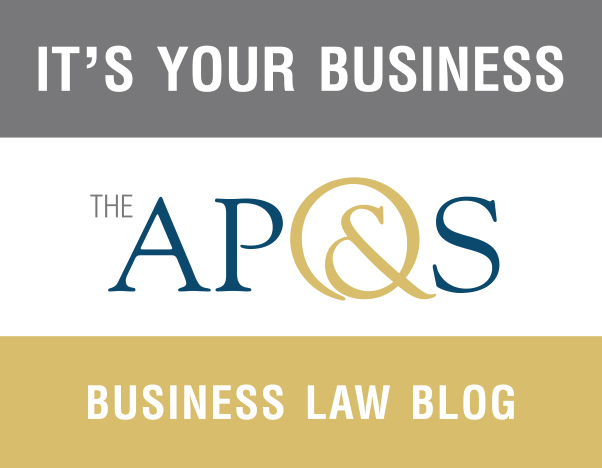Often when a business is served with a third-party subpoena, the reaction is either annoyance, dread, or anger. What are your options? How can you protect your business from getting dragged into litigation that you seemingly have nothing to do with? This blog addresses how to approach responding to a third-party subpoena that requests production of documents.
Your first step should be to contact a trusted attorney. Counsel can guide your company in formulating a timely response to the subpoena, assert appropriate objections, and/or recommend filing a motion to quash/protective order, if appropriate. Counsel can also analyze the subpoena requests to assess the risk of exposing your business to potential litigation.
The next step in this process is to notify any individual that is in “possession, custody, or control” of documents potentially responsive to the requests. Such documents could be in the custody of outside attorneys, consultants, accountants, general counsel, corporate officers, executives, and/or affiliated companies. You may have your attorney contact counsel for the party issuing the subpoena to see if an agreement regarding the scope of production can be reached. However, failure to comply with a third-party subpoena is not an option. If you do not comply, you may be found in contempt of court.
In addition, a “litigation hold” or “legal hold” should immediately be put into place. A “legal hold” is a written document that notifies and directs employees to preserve any responsive documents or other information. This includes written documents, electronically stored information, videos, recordings, etc. The gathering of documents can be voluminous, so you must make sure that all potential custodians search and preserve responsive documents or information. Failure to collect and preserve responsive documents or information can expose you to certain penalties.
Once you have collected the documents they must be reviewed for responsiveness, privilege, and confidentiality. As noted above, counsel will be instrumental in this revision.
Responding to a subpoena can be an onerous and complicated task that presents dangerous pitfalls. Care must be taken to ensure compliance while also protecting the responding party’s interests.







